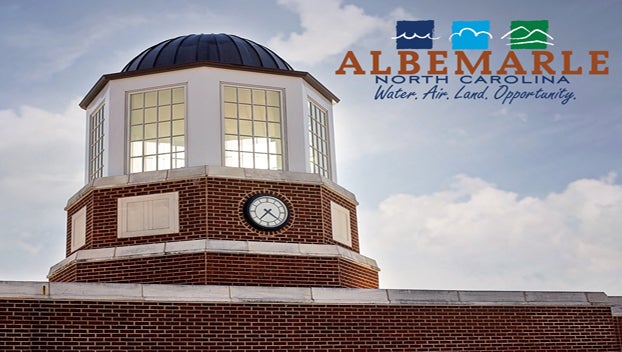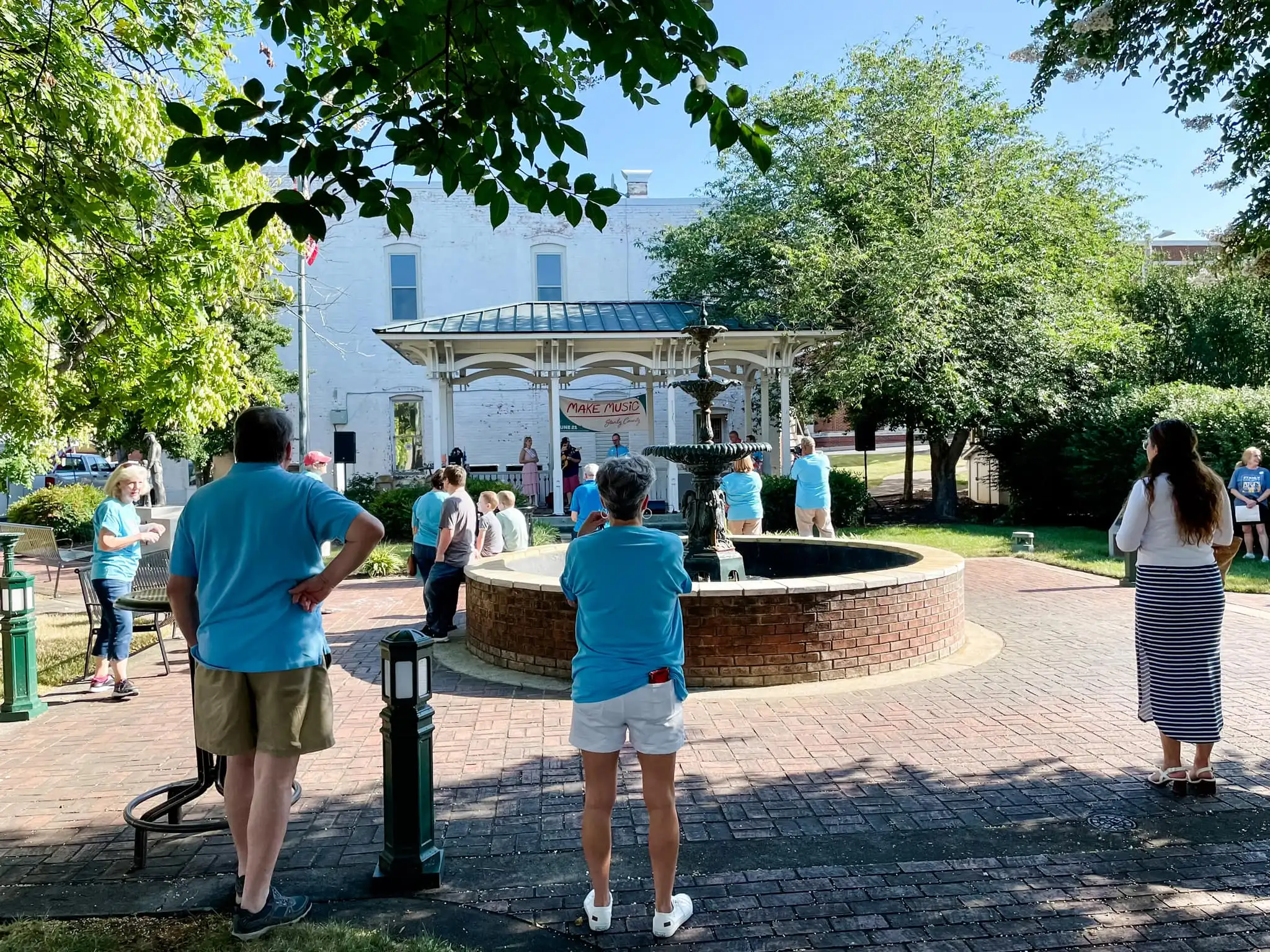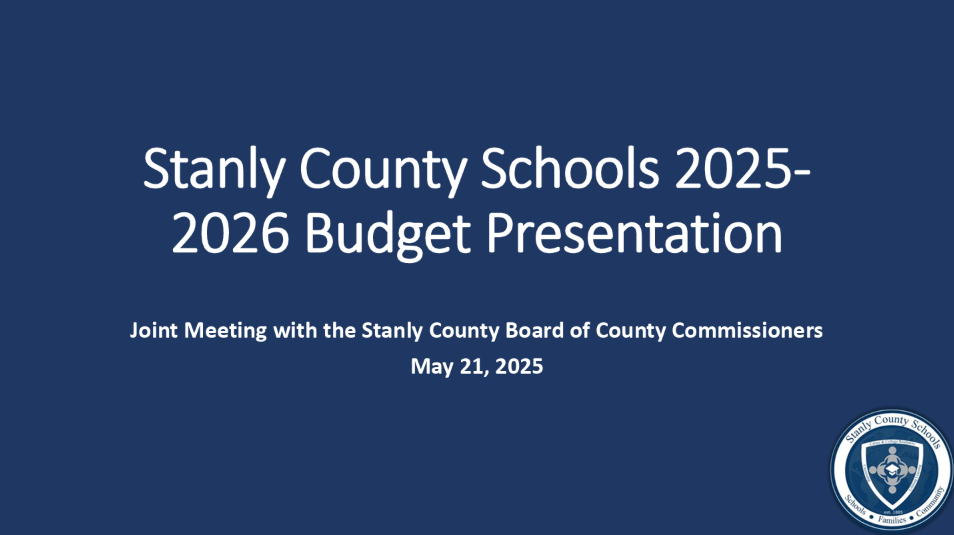Albemarle City Council passes budget 5-2
Published 3:32 pm Friday, June 24, 2022
|
Getting your Trinity Audio player ready...
|
Albemarle City Council approved the proposed municipal budget for the 2022-23 fiscal year at its regular meeting on June 20.
The budget passed by a 5-2 vote following extended discussion centered on reduced revenues resulting from the council’s earlier decision not to implement a stormwater fee, which in turn necessitated an increase in fund balance appropriations to balance the spending.
Mayor Pro Tem Martha Sue Hall reminded council members that upon their decision to remove the fee, she had moved to continue the stormwater study process.
“This was so we would not lose any time, and could look at possible implementation in January,” she said, adding that the motion was seconded and passed unanimously.
“We also wanted (W.K. Dickson Consultants) to bring back some other options,” added Mayor Ronnie Michael.
Councilwoman Martha Hughes said that in budget planning sessions, six of the seven council members had identified the stormwater project as a top priority.
“We are elected to make hard decisions, this is one of those hard decisions we are going to have to make,” she said.
“I’m not comfortable with the dollar amount,” added Councilman Benton Dry. “That’s going to be a very integral part of our discussion and our planning to move this thing forward.”
“But,” he added, “we need to do everything we can to make this as palatable as possible to meet the need of what we are going to have to do ultimately.”
Michael voiced similar concerns.
“I have no problem with adopting something by Jan. 1, but I do have concerns about implementation,” he said, adding he believes that if adoption of the plan were to take place in January, implementation still should not occur until the new fiscal year in July.
“You have nonprofits, you have schools, you have churches; a lot of folks have adopted their budgets already,” Michael said.
“I think that one thing we maybe didn’t do well enough is the scope of the project, the scope of the plan,” Councilman Chris Whitley interjected. “You can’t fix something if you don’t know what is wrong, so you’ve first got to determine what the worst part is.”
“So, that was my thinking when we decided to delay it,” he continued, “to look at the scope and continue the mapping…unfortunately that does not fund the capital part of it.”
“I don’t think any of us comprehended the financial impact this project would have,” said Hughes, “then, when we pulled it back out, as we’ve done, that’s had a huge impact on what’s in this budget.”
Funding of some new personnel positions that remained in the proposed budget following elimination of the stormwater fee were a concern raised by Hughes, who noted that an assistant fire chief position had been requested for many years by the previous fire chief.
“What has changed or occurred that we, today, now feel that we need to add this position?” she asked.
City Manager Michael Ferris said that while the city has always tried to operate as efficiently as possible, he cited business and population growth as well as points identified in the city’s strategic plan, as the reason for adding the assistant fire chief position.
Hughes asked Ferris the process for adding personnel within departments.
“In past years, the positions we have added have been more ‘external facing’ ones who work directly with the public,” he said, noting firefighting and planning personnel as examples. “This year, we have tried to focus on internal positions that serve across the organization or within their department, to assure that we are able to keep up with everything that we do.”
“Is there a measurement to help determine when to add (personnel)?” Hughes asked.
“We don’t have any hard benchmarks in place,” Ferris replied, noting that “support of the overall organization” is a key factor in determining the need for additional positions.
Hughes also questioned disparities between some departments’ funding levels in the proposed ‘22-’23 budget compared to previous years, using the Parks and Recreation Department budget as an example.
Ferris explained that one-time capital funding can affect a department’s bottom line in such instances, noting that window replacement, HVAC improvements and paving work, done in the previous fiscal year at the E.E. Waddell Community Center, were responsible for the difference.
Hughes cited additional concerns with paying the stormwater consultants’ fees from the general fund.
“Where is the money coming from to pay them the rest of what we owe them?” she asked, adding that original plans were to pay this expense from now-delayed stormwater fees.
“I don’t know how much more money is in the general fund,” added Hughes. “That’s why I’m really concerned with the adding of positions…we’ve got a lot going on, a lot of money going out, and not so much coming in.”
Ferris clarified that the original amount for the study, analysis and assessment was to be paid from general fund, with implementation of the study to have been funded through fees, but when the stormwater fee was rescinded, no revenue source for implementation remained.
“The money has to come from somewhere,” Ferris said, adding that, with Council approval, when a stormwater program is eventually implemented and fees are collected, reimbursement to the general fund could be performed.
On a motion by Whitley and a second by Townsend, the vote to adopt the proposed budget passed, with Hughes and Hall dissenting.






